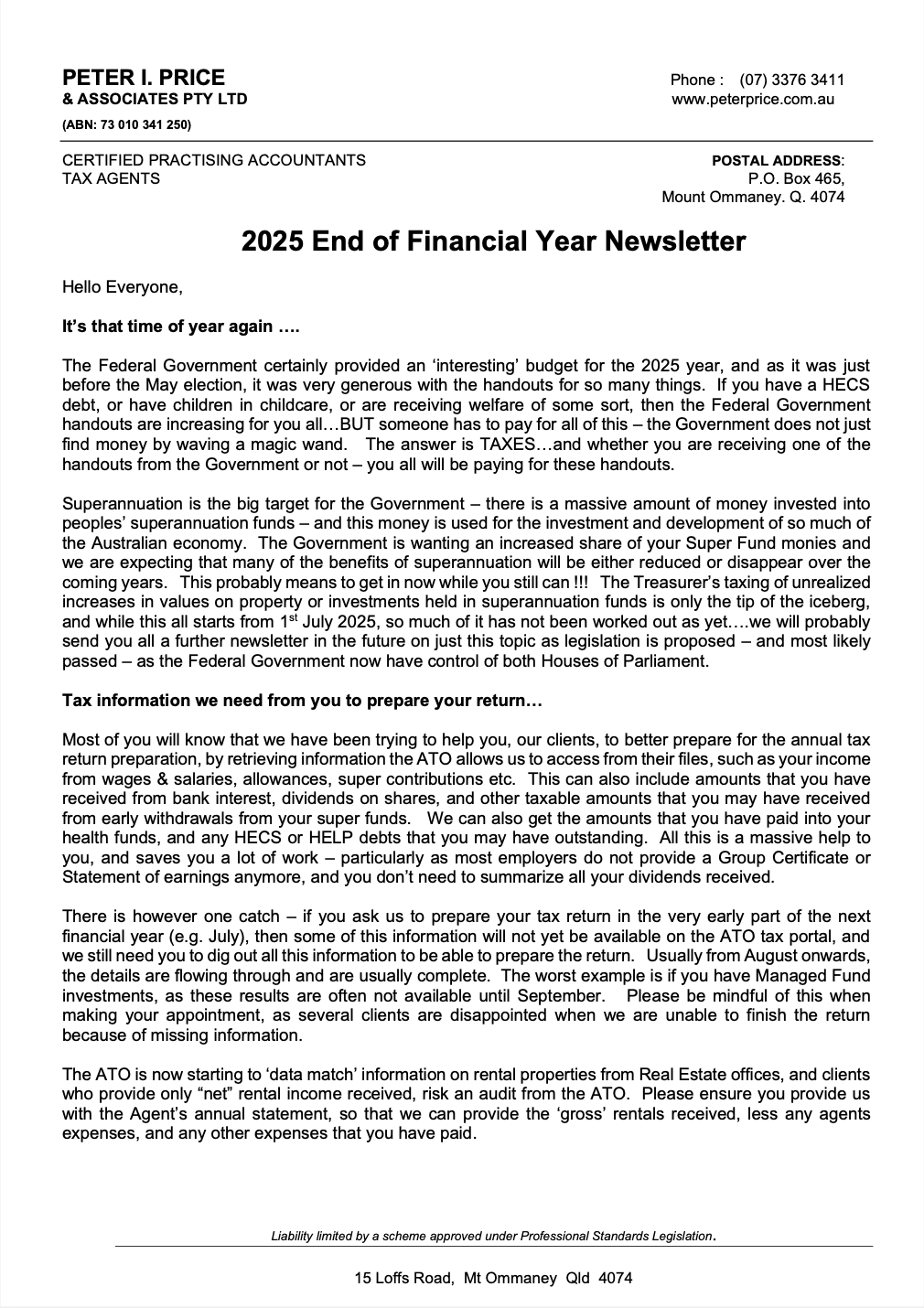What Terms Should I Include in a Capital Raising Term Sheet?

.
A term sheet (also known as a ‘letter of intent’, ‘memorandum of understanding’, or ‘heads of agreement’) can be a crucial document in the capital raising process, serving as a non-binding outline of the key terms and conditions of a proposed investment deal. A term sheet is essentially a blueprint for the more detailed, legally binding documents that will follow, such as the share subscription agreement, shareholders’ agreement and constitution. This article explains the key legal concepts and terms typically contained in a term sheet for capital raising transactions.
1. Fundamental Economic Terms and Downside Protections
The term sheet should typically set out the fundamental economic terms of the deal. This may include things such as:
- the total investment amount;
- the round size;
- the company’s valuation (and whether that valuation is calculated on a pre or post-money basis);
- the type of securities being offered (such as ordinary shares, preference shares, or convertible securities);
- how the investment funds must be used, such as for growth and working capital requirements;
- whether the company intends to implement or top-up an employee share option plan or scheme; and
- who will bear the dilution.
In addition to basic economic terms, the term sheet should address the rights (if any) afforded to investors to protect the value of their investment. This may include things such as:
- Liquidation Preferences: This determines the order and manner in which investors will be paid in the event of a company sale or liquidation; and
- Anti-dilution Provisions: These are designed to protect investors from dilution in future funding rounds where the company’s valuation decreases.
2. Corporate Governance and Information Rights
Governance rights are another critical component of the term sheet. This section of the term sheet typically outlines the company’s board composition and whether one or more investors will have the right to appoint directors or board observers. The term sheet should ideally provide a breakdown of the decisions that require the company’s board of directors to make and those that require shareholder approval, along with the approval thresholds required to pass or approve such decisions.
For example, the term sheet may specify that day-to-day operational decisions shall be made by the company’s board of directors by ‘ordinary resolution’, being a resolution approved by more than 50% of the directors entitled to vote.
Investors, particularly sophisticated and professional ones, usually have their own reporting and compliance obligations. For this reason, the term sheet should also address the financial and operational information required to be provided to investors, as well as the frequency at which it is to be provided.
For example, the term sheet may include an obligation on the company to provide audited financial statements to investors within 120 days after the end of each financial year.
3. Shareholder Rights and Protections
As noted above, the term sheet should ideally include a list of items requiring shareholder approval. For example, the term sheet may specify that disposing of the company’s key assets, such as its intellectual property, must be approved by shareholders holding at least 75% of the company’s shares.
Term sheets often include general and minority shareholder protections such as pre-emptive rights, which give existing shareholders the right to maintain their percentage ownership in future funding rounds.
Another common minority protection is the ‘tag along’ right. Tag-along rights are provisions that allow minority shareholders to join in on a sale of shares by a majority shareholder, ensuring they can sell their shares on the same terms. This protects minority shareholders by giving them the option to sell their stake if the majority decides to sell theirs.
4. Founder Restrictions
In early-stage companies, investors often require vesting provisions for founder shares to ensure that the founders remain committed to the company over time. These provisions typically require the founders to earn their shares gradually, aligning their interests with the long-term success of the business.
Founder lock-ups are another common provision, which restricts the founders from selling their shares (or a portion of them) for a specified period after the funding round. This helps maintain stability and ensures that the founders remain invested in the company’s growth. Moreover, this provision prevents them from exiting too early and potentially destabilising the business.
5. Other Standard Terms
Other standard provisions in a term sheet may include:
- confidentiality clauses to protect sensitive information exchanged during negotiations;
- an exclusivity period during which the company agrees not to seek investment from, or negotiate with, other parties;
- any conditions that must be satisfied before the investment is finalised, such as the investor being satisfied with the results of its due diligence investigations in relation to the company;
- whether the company is required to reimburse the investor for a portion of its costs (such as legal fees incurred during negotiations up to a maximum amount);
- the date by which the funding round is expected to conclude;
- the laws that will govern the term sheet and the long-form transaction documents; and
- the dispute resolution procedures that must be followed in the event a dispute between the parties arises.
6. Binding Terms within Non-Binding Term Sheet
While parties often intend for the term sheet to be non-binding, they may want certain provisions to be legally enforceable. For this reason, the term sheet should clearly state which provisions are intended to be legally binding and which are non-binding. Commonly binding provisions may include clauses relating to:
- Exclusivity;
- Confidentiality;
- Costs;
- Dispute resolution
- Governing law.
Key Takeaways
The primary purpose of the term sheet is to outline the key terms and conditions that will serve as the foundation for more detailed legal agreements. These initial terms provide clarity and set expectations between the parties involved, ensuring alignment before proceeding to the more complex legal documentation. Therefore, it is crucial to tailor the term sheet to your unique circumstances and safeguard your interests.
By Ericsson Yu - Lawyer
30 June 2025
legalvision.com.au

